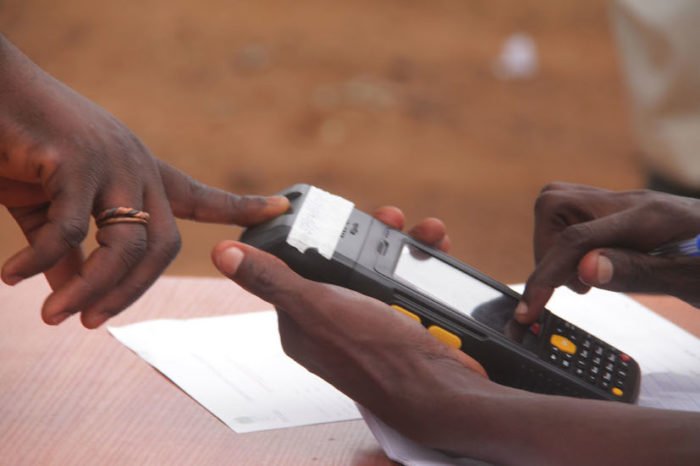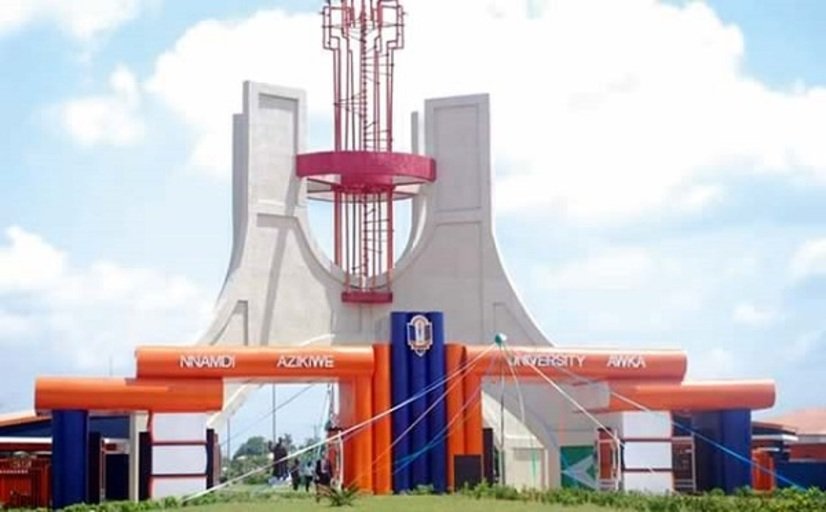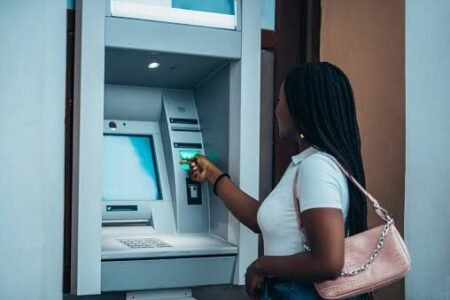The Independent National Electoral Commission, INEC, has once again explained the function of its Result ViewiRVortal, iREV, and the Bimodal Voter Accreditation System, BIVAS, in the electioneering process.
INEC issued the clarification ahead of the November 11 gubernatorial elections in Bayelsa, Kogi, and Imo states.
Over the weekend, INEC Chairman Yakub Mahmood informed in Lokoja, the Kogi State capital, that the results of the governorship elections in the three states would be uploaded to iREV.
However, INEC Director of ICT, Paul Omokore, stated in a presentation titled “The Role of BVAS and IReV for Bayelsa, Kogi, and Imo Governorship Elections” at a two-day capacity workshop for journalists on Monday in Akwanga, Nasarawa State, that the purpose of uploading results to iReV is to improve election transpaemphasized emphasized unequivocally that iREV is neither a result collection nor a transmission system.
As a result, the ICT Director cautioned the media and members of the general public not to confuse uploading PU results to the INEC Result Viewing Portal (IReV) with electronic transmission of results.
According to him, the INEC Bimodal Voter Accreditation System (BVAS) is simply used to upload images of PUs results on Form EC8A to IReV, which does not imply electronic transfer of results.
“Form EC8A is the result that we collated at the PUs. We use BVAS to snap this form and upload the same thing to the IReV portal for public viewing.
“This is not a collecting system. It does not tally a system. What it does is snap the EC8A, which is the result at the polling unit, and upload the same to the public. That is all.
“I know that 70 percent of the populace thinks that the others have collected the figures. No.
“All it does is snap the EC8A that the presiding officers have collected all the scores of the parties, signed and stamped then sends this same picture to the IReV for public viewing. That is all. So it is not a collecting system,” he said.
Omokore stated that since the beginning of elections in Nigeria, results have been manually sent from polling stations to collation centres.
He stated that the use of technology has proven to be an excellent instrument for delivering free, fair, and legitimate elections.
While obstacles were imminent, he stated that INEC has taken special steps to minimise them.
“The role of BVAS is to ensure one-person, one vote.
“The role of the IReV Portal is to improve the openness and credibility of our elections,” he said.
In his lecture titled “Ethical Dilemma in Election Reporting: Navigating Bias, Balance, and Promoting Transparency,” Ezenwa Nwagwu, who is also the Chairman of Partners for Electoral Reform, advised journalists to uphold truth reporting.
He stated that the main challenges in election reporting are independence, balanced reporting, and accuracy.
“Accurate and transparent reporting is the only cure for fake news, which is the responsibility of the media,” Nwagu said.
He asked the media to always research the reasons behind some news being offered to the media by those with biassed thoughts about the voting process and balance it with what the laws provide.











